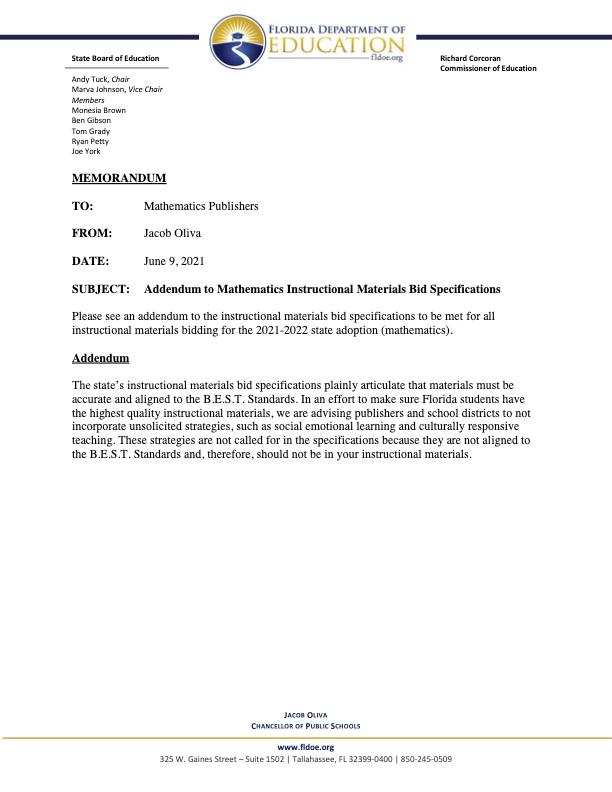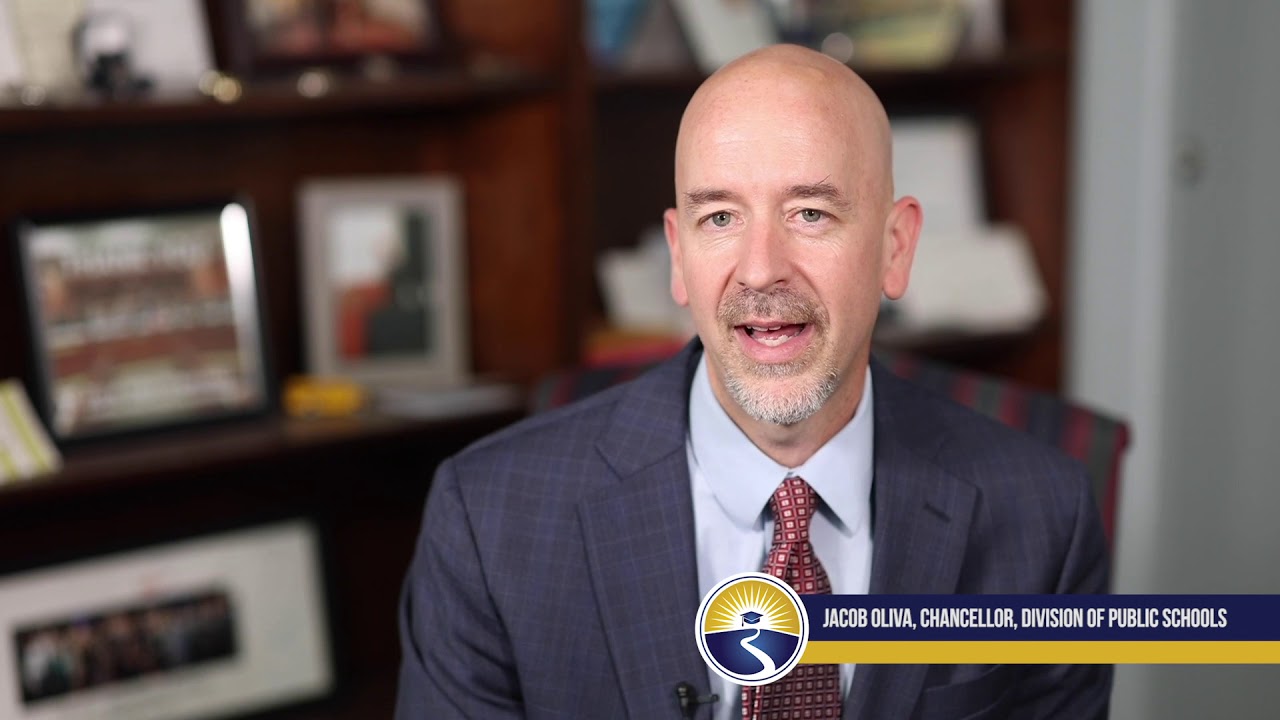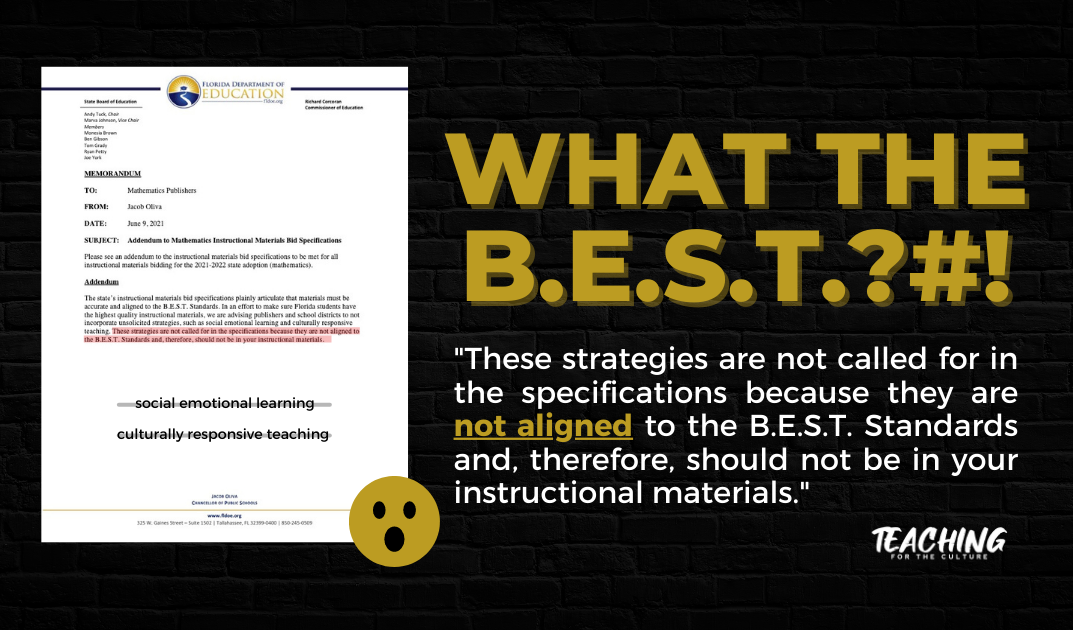The importance of social emotional learning and culturally responsive teaching has been widely recognized for a long time. These strategies have been proven effective in improving academic achievement, decreasing behavioral incidents, and creating well-rounded children who will be able to excel at any task they put their minds to!
But, why?
Social emotional learning and culturally responsive teaching are tools to combat the effects of toxic stress. A recent study found that children who experience high levels of “toxic stress” in early childhood can have lifelong consequences on their brain development, health, well-being, and achievement.
We know from research that social emotional learning and culturally responsive teaching can help students, but why is this brought up now?
Let’s define these terms:
Social emotional learning (SEL)
Social Emotional Learning is the educational process of teaching children how to understand, manage and express their emotions in ways that are conducive to living a healthy life. Social-emotional skills are the strategies one has for managing strong emotions, navigating relationships, working effectively with others, solving difficult problems, and making responsible decisions.
Many states have adopted these strategies.
- Texas Education Agency
- Delaware Department of Education
- Kansas State Department of Education
- Virginia Department of Education
- Washington Office of Superintendent of Public Instruction
(You can search any internet search engine if additional references are needed)
Culturally Responsive Teaching (CRT)
Culturally Responsive Teaching is another education strategy that focuses on meeting the needs of students from different backgrounds and cultures. Culturally responsive teaching helps teachers to develop lessons and ways of teaching with the student’s background in mind. The purpose is to help all students feel welcomed at school.
Note: Culturally responsive teaching strategy is not the same as Critical Race Theory. The strategy shares the abbreviation, but it has a different purpose.
Many states have adopted these strategies.
- Massachusetts Department of Elementary and Secondary Education
- Kentucky Department of Education
- Colorado Dept. of Education
- Wisconsin Department of Public Instruction
- New York Department of Education
(You can search any internet search engine if additional references are needed)
These strategies are important because they focus on social skills to develop students into better citizens.
So who do we hold accountable for this memorandum?
Great Question!
The Division of Public Schools Chancellor, Jacob Oliva sent a memorandum to Mathematics Publishers on June 09, 2021.


(Source: YouTube)
In the memorandum, Oliva instructed Mathematics Publishers to remove “unsolicited strategies” such as social emotional learning and culturally responsive teaching in a bid addendum. The addendum explicitly stated that these strategies are “not aligned to the B.E.S.T. Standards and, therefore, should not be in your instructional materials.” Why do these publishers need to remove these strategies in their instruction materials?
For my folks in Florida, please be intentional with the public education in our state and the leaders making decisions for all of us. Chancellor Jacob Oliva has an obligation to explain to the folks of Florida why he sent this addendum to override the best practices adopted by the publishers.
If other states have adopted these strategies, why can’t our Florida students learn them? Why change this now? Is there any research or data to substantiate this change?
As you can see, we have a few questions! You might have some as well!
To make it easy, I’ve provided his contact information below. If you send an email, please share it on social media with the hashtag (#TFTCJacobBEST or #JacobBEST) so we can collect the receipts.
Phone: 850-245-0509
Email: Jacob.Oliva@fldoe.org
(For the folks outside of Florida, we can still use your help. These strategies are vital for our children and these addendums should be terminated.)
Bianca Goolsby, MBA is a digital strategist and activist who partners with mission-driven organizations to increase their impact through innovative and effective online communications. She also empowers and equips families to curate safe social spaces for themselves and their children.

